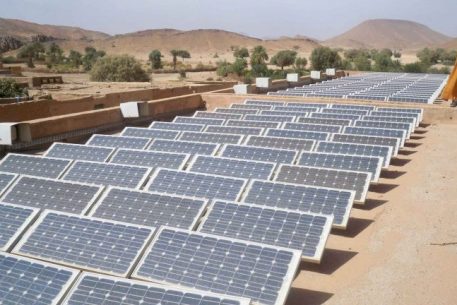We advocate sustainable development in the Mediterranean through research and dialogue to guarantee social and natural welfare sustaining human life.
The Mediterranean region has been facing increasing pressures from human activities over the last decades. Its unique and outstanding natural capital, which provides a livelihood for hundreds of millions of Mediterranean citizens and feeds the celebrated Mediterranean lifestyle and identity, has been endangered by unsustainable production and consumption patterns.
The need to safeguard the Mediterranean for future generations while ensuring a socioeconomic development that meets the needs of the present generation requires urgent and coordinated action across the region, considering each country’s specificities.
Through this programme, the IEMed promotes action that aims to reconcile the socioeconomic development of the Mediterranean with the protection and enhancement of its natural resources, outstanding biodiversity and ecosystems, while responding to the fundamental threat posed by climate change.
Recognising that the Mediterranean region faces acute challenges that threaten the sustainability of its social and economic development, especially climate change and environmental degradation, Agenda2030Med seeks to increase awareness and understanding of these challenges among regional stakeholders, providing spaces to discuss initiatives, actions and public policies that accelerate sustainability transitions in the region.
This programme fosters analysis and research advancing the knowledge and awareness about ways to adapt and mitigate the impacts of climate change and environmental degradation in the Mediterranean, while advocating innovative solutions ensuring that the fight against climate change goes hand in hand with social and economic prosperity and the goals set by the UN 2030 Agenda.
Through the organisation of conferences, research projects, debates and publications, the programme promotes exchange of knowledge, good practices and capacity-building. It acts as an interface between science, policy and civil society, while fostering cooperation and partnerships between multiple regional stakeholders (regional and national policy-makers, local and regional authorities, private entities, civil society actors and think tanks) on key priorities of the Mediterranean sustainable development agenda, such as climate action, the energy transition, sustainable urban development, the conversion to green, blue and circular economies, sustainable management of natural resources, human and food security, and sustainable tourism.








